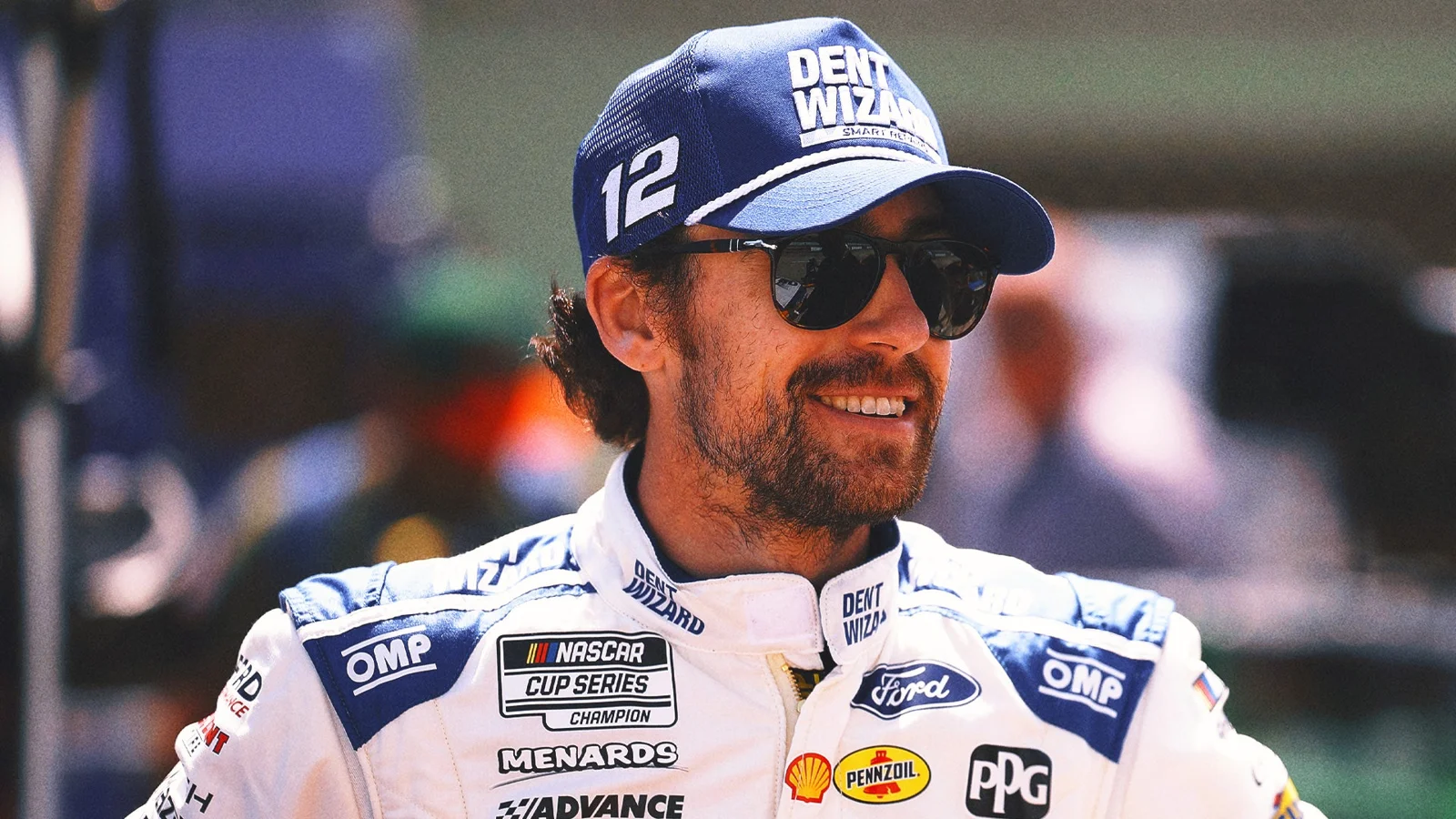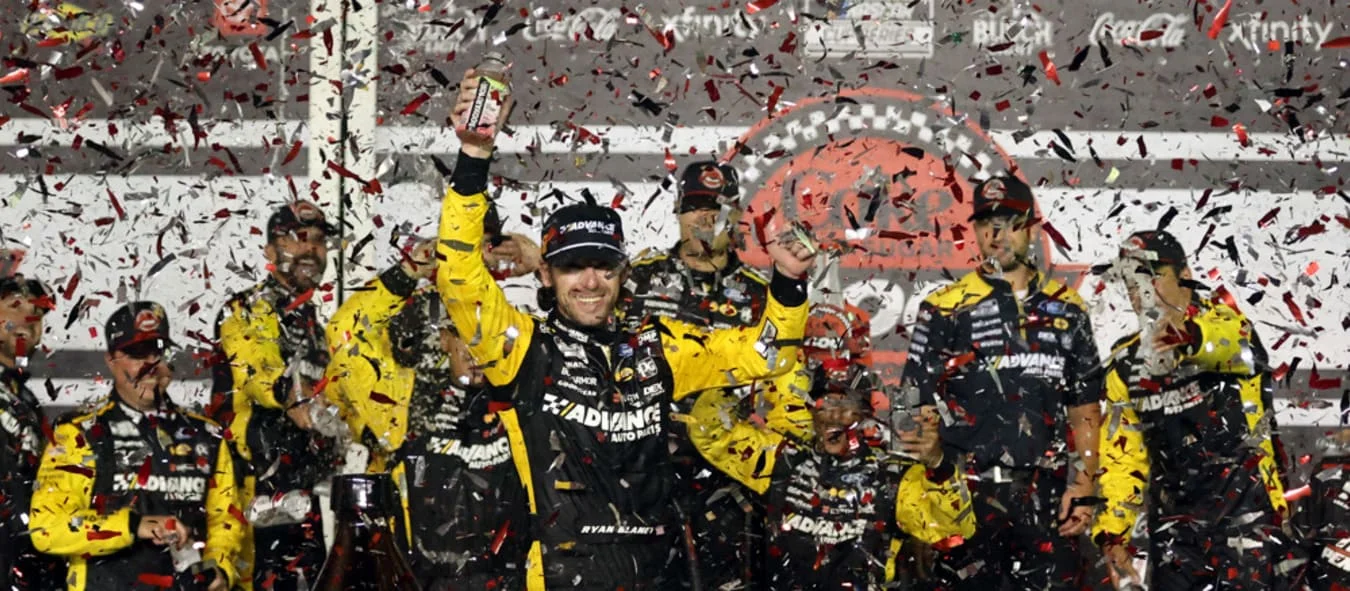Ryan Blaney Daytona victory analysis reveals how unpredictable moments and quick decision–making led Blaney to a dramatic win at NASCAR’s iconic Daytona track, despite starting the final laps outside the top contenders. The No. 12 Team Penske driver’s late charge through the field has sparked discussions about whether fortune, skill, or a bit of both played the decisive role.
Blaney’s Late Surge to the Front
At the Coke Zero Sugar 400, Blaney found himself mired in 13th position with just two laps left, making it seem unlikely for him to end the day in victory lane. Earlier, thanks to bad weather cancelling qualifying, he secured the pole position, allowing him to lead 27 laps in the race’s opening segment and demonstrate early dominance. Holding a strong presence, Blaney finished the first Stage in third place but encountered greater difficulties in Stage Two, falling back to sixth.
As the race wound down, Blaney slipped further down the leaderboard, dropping outside the top–10 late in the final stage. However, the closing laps saw him take advantage of rapidly shifting openings on the track. Displaying both timing and aggression, he surged from 13th to seize the checkered flag—claiming his second win of the 2024–25 NASCAR season.

Debate Over the Role of Luck and Skill
Blaney’s unexpected triumph drew mixed reactions among analysts and insiders. On the Door Bumper Clear podcast, a panel featuring Freddie Kraft, Tommy Baldwin, and Karsyn Elledge examined the stunning conclusion to the Daytona contest. Kraft, known as Bubba Wallace’s spotter, questioned whether Blaney’s drive was truly extraordinary, focusing on the pivotal final two laps.
“He didn’t do anything. The seas parted for him where he pushed the hell out of the 41 [Custer] got him to the front row, then Custer and Haley start blocking each other, and the next thing you know, Ryan’s leading race and he’s got to block a little bit down the front for the win.”
—Freddie Kraft, NASCAR Spotter
Tommy Baldwin disagreed with Kraft’s dismissal, pointing to Blaney’s strategic move into the third groove as a key moment that changed the race’s trajectory. This maneuver allowed Blaney to capitalize as competitors scrambled for position in the chaotic final laps.
Motorsports reporter Jeff Gluck, appearing as a guest, offered yet another viewpoint, noting that Blaney’s win injected a level of excitement reminiscent of classic NASCAR finishes. Gluck argued that dramatic runs from deep in the field add to the unpredictability and entertainment of superspeedway events for fans and participants alike.
The Enduring Appeal of Daytona Surprises
Blaney’s ability to rise from 13th to first in just two laps reignited the debate over whether Daytona victories rely more on luck, skill, or a delicate combination of both. The race served as a reminder of why superspeedway racing stands apart, rewarding those who can navigate both risk and opportunity in split seconds. The outcome will likely remain a topic of debate throughout the season, as analysts and fans reflect on how rare comebacks and bold strategies continue to shape NASCAR’s most memorable moments.
